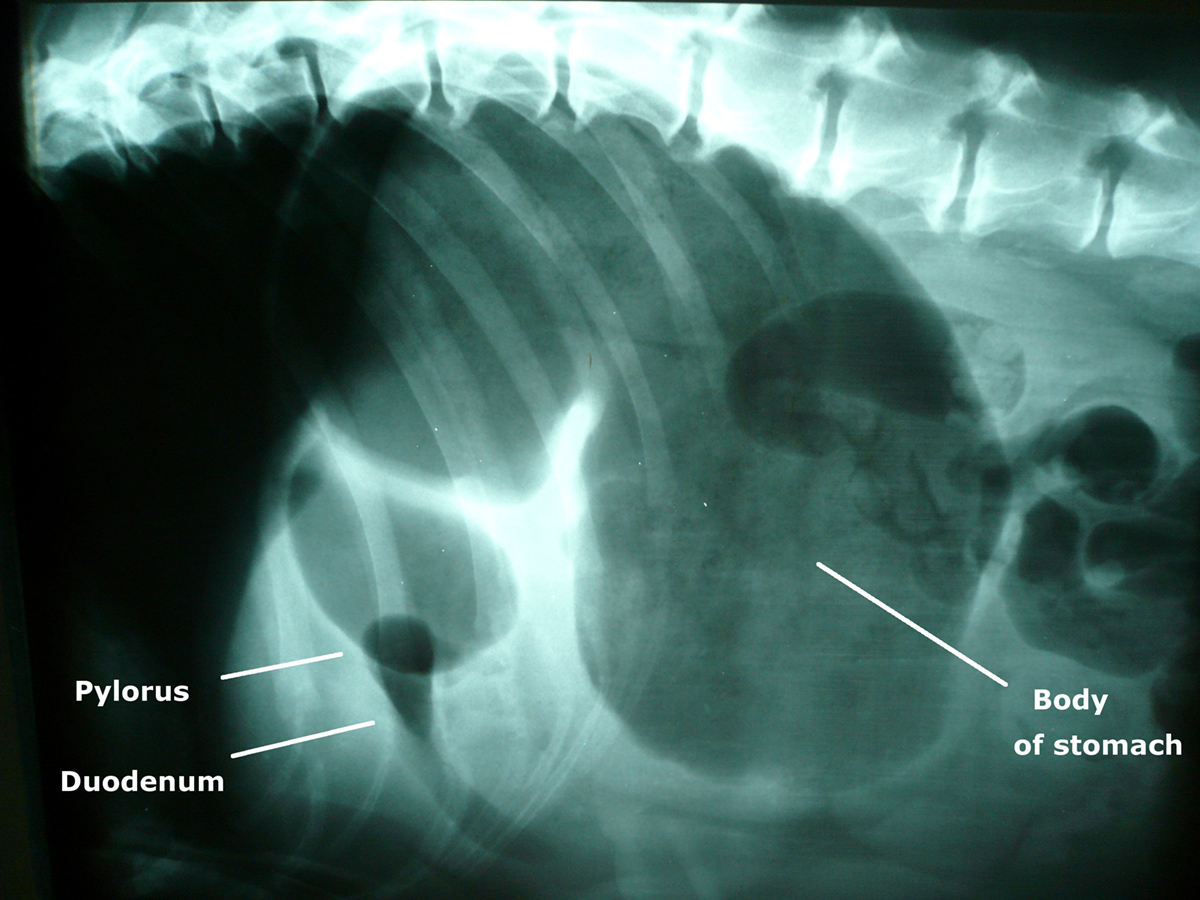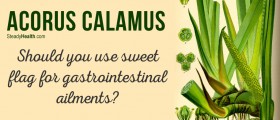
Everybody knows that eating certain foods, especially those that contain a lot of the fiber, starch and sugars, may cause gas. Some foods cause gas in one person, in other they may not. Generally, when we identify what food causes flatulence we tend to avoid it. However, gas is not caused only by the food we eat. Some habits, that we may not necessarily be aware of, may be contributing to the production and expelling of the gas.
The best way to prevent flatulence is to identify what exactly causes it, whether it is a type of food or some habit the person has. This may not be easy to do, but one way to do it is to exclude a certain food or a certain habit for a week and see if anything changes.
Bloating, belching and passing gas are not dangerous things nor are they life-threatening per se. However, if there is severe pain involved, along with irregularity of bowel movement or even a fever, it may be the time to see a doctor because there may be an underlying and undiagnosed condition, like irritable bowel syndrome, partial bowel obstruction or gastroparesis.
Fast eating
Some people do not take enough time to eat slowly and chew their food thoroughly. If this is the case, while swallowing food and liquid a person also swallows a certain amount of air which consequently causes gas and belching. The best thing to do is to dedicate 20 or 30 minutes for a meal and chew until the food is like pulp.
Chewing gum
While chewing gum, people also swallow some air. When the air fills the stomach it leads to belching, and if it passes to the intestines it causes gas.
Carbonated drinks
People drink carbonated drinks because they enjoy the tingling sensation the bubbles cause. Those bubbles are actually made of gas, specifically carbon dioxide. Naturally, this gas can cause flatulence, belching and bloating, depending on the quantity and the speed of drinking.
Sugar and artificial sweeteners
Carbohydrates, sugars and artificial sweeteners may cause gas because as the bacteria in the intestines try to break them and the by-product of this process is gas.
Antibiotics
Antibiotics are known to damage the balance of the bacteria in the gastrointestinal system. Those bacteria are very important for the proper functioning of the intestines and problems may occur when they get killed off by the antibiotics. Of the course of antibiotics is short, the bacteria can be restored quickly and easily by a healthy diet, but if the therapy lasts longer the doctor may prescribe probiotics to restore the bacteria levels.
Very hot or very cold foods
People may not be aware of this, but when they eat or drink very hot or very cold foods and drinks they unconsciously try to adjust the temperature by swallowing air, which of course may lead to gas. The best thing to do is to eat food at the room temperature.

















Your thoughts on this
Loading...